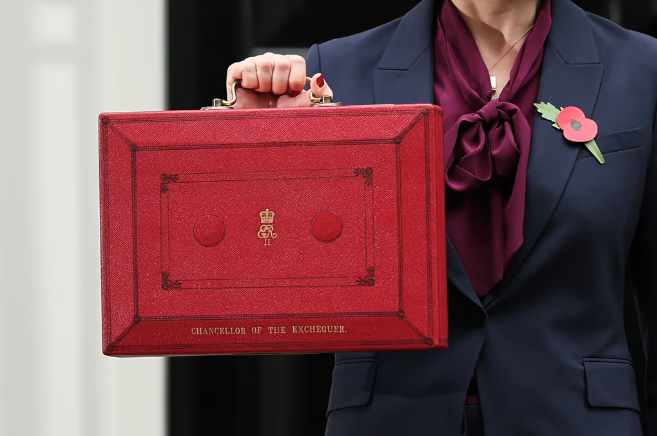
Why now is the crucial time for client conversations on IHT
Rachel Reeves’ Autumn Budget 2024 may well prove the most transformative shift in inheritance tax (IHT) policy in a generation, causing thousands more estates to unwittingly leave behind an IHT bill. The Office of Budget Responsibility (OBR) seems to agree. Following the Autumn Budget, it expects IHT receipts to hit £8.3 billion in 2024/25, and reach a staggering £13.9 billion by 2029/30. That figure is double the amount of IHT raised in 2022/23.[1]
This sharp increase in IHT receipts will likely come from two sources. First, the Budget confirmed tax-free thresholds for IHT will remain frozen until 2030, dragging more estates unwittingly into the scope of IHT. Second, Reeves announced that from 2027, unused pensions will be considered part of a person’s taxable estate. Not only will this mean more loved ones left with an IHT bill, it will also upend the existing plans of many clients, given accumulated pensions had previously not been considered.
Unused pension pots: what’s changing?
As a reminder, historically, pension pots have been deemed outside of a person’s estate for IHT purposes. Provided the deceased dies before age 75, the pension has been passed to beneficiaries without triggering a tax charge. A death after the age of 75 results in the beneficiaries paying income tax at their marginal rate.
However, the Budget confirmed the government’s intention to bring unused pension funds – along with any death benefits payable from a pension – into a person’s estate for IHT purposes from April 2027. According to estimates published in the government’s technical consultation: “out of around 213,000 estates with inheritable pension wealth in 2027 to 2028, 10,500 estates – or around 1.5% of total UK deaths – will become liable to pay Inheritance Tax where this would not previously have been the case.”[2]
Are there any positives?
Well, taking both factors into account, advisers have a two-fold opportunity to add value to their client relationships. First, they should be having more conversations with clients who hadn’t considered estate planning necessary before the Budget, but now may be facing an IHT liability. Second, in cases where clients have already carried out estate planning, they should be invited to revisit those plans to ensure they are still effective, particularly with unspent pensions soon to become a likely IHT trigger.
What estate planning options should advisers be discussing?
Fortunately, the phased timing of the Budget proposals does give advisers the opportunity to get on the front foot. With the new pension rules due to be introduced in 2027, there’s still time to discuss a range of estate planning strategies, including using the spousal exemption, making lifetime gifts, settling assets into trust, or using Business Relief-qualifying investments.
The introduction of the £1 million allowance on Business Relief from April 2026 has largely gone under the radar of the financial press and money pages, but it remains a highly useful estate planning option for many clients.
Giving clients more choice on where their legacy goes
Any advisers who hadn’t previously considered IHT and estate planning as a growth area for their business might want to think again. It’s easy to foresee the families of more clients finding out they’ve been left with an unexpected IHT bill to pay, for example, where clients have named their children as pension beneficiaries instead of their spouse.
Advisers should therefore urge clients to take action now, first by getting a clear and up-to-date assessment of expected IHT liabilities, and then by discussing ways to make sure that their estate doesn’t feel the impact of the Budget’s IHT measures.
After all, the role of financial planning doesn’t end with the death of the client, it extends into making sure their wealth reaches the people it was intended to. We think those types of conversations are well worth having.
Have you seen our practical guide to IHT?
To help structure your estate planning conversations with clients, we recommend you download ‘Triple Point’s Practical Guide to IHT’. It sets out all the information clients need to know about IHT, including available allowances, as well as offering straightforward ways to help them reduce or even eliminate an IHT bill.
Important information
Tax treatment depends on the individual circumstances of each client and may be subject to change.
[1] OBR – Economic and fiscal outlook, October 2024
[2] https://www.gov.uk/government/consultations/inheritance-tax-on-pensions-liability-reporting-and-payment/technical-consultation-inheritance-tax-on-pensions-liability-reporting-and-payment
-1.png?width=234&height=72&name=tp-logo-navy%20(1)-1.png)

